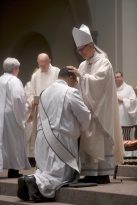
Story by Mary L. Parks
Just before Jean-Claude Duncan’s ordination to the priesthood on Dec. 9 at St. Mary’s Cathedral in St. Cloud, he attended a retreat at the Saint John’s Abbey Guesthouse in Collegeville.
“This is a good time for me to reconnect with the people here, to invest in those relationships which are so important,” he said.
For Father Duncan, such relationships have been central to his journey to the priesthood.
“My father was a career soldier, and we moved around a lot,” he said. “That included six months in Pennsylvania where I, at 8 years of age, was baptized. Regrettably, my father’s orders to Germany put an end to my family’s participation in church.”
As a teen, singing sacred choral music and his choir director’s kerygmatic presentation watered the dormant seeds of his baptism. He began exploring faith through the German/American faith community in Berlin, Germany.

When he met Anne, who is now his wife, he said that neither Anne nor he “had moorings in the faith, and God was more of a convincing idea than an intimate reality.” Together, they eventually found a home at a large Protestant church in the northern suburbs of the Twin Cities. They were drawn in by the music and the generous hospitality.
“That church was like instant family,” Father Duncan recalled. “It was vivifying. We both were in the early stage of marriage, growing closer in our relationship, learning who we were, our place in creation and how we ought to live with other people. Oh, we were both also still in college.”
Through the scriptural teachings of this community, Father Duncan said God was “no longer an idea, but the answer to the longing of our hearts.”
While discerning his post-college steps, he accepted a volunteer role as the discipleship director of Alpha, a course that introduces basics of Christan faith. As his understanding of salvation history continued to grow, so did his questions. He found himself wanting a more systematic understanding of theology, including a nuanced understanding of sin and he wanted to understand areas of moral theology. Yet, he wasn’t finding the answers he was looking for. He was frustrated that he didn’t even know the questions to ask.

A mentor suggested studying theology.
“It was something I hadn’t considered,” Father Duncan explained. “I went to college for finance and I was working in that field. I initially resisted this suggestion. Volunteering as the Alpha program director and interacting with pastoral leadership, I knew ministry wasn’t an easy calling.”
Through providence, he said, and after having given the matter proper discernment, he soon found himself in seminary in Missouri, accompanied by his wife and the two children they had at the time.
“It was a time of advancement and beauty. I was immersed in Scripture,” he said.
After seminary, he was ordained and accepted a position as a fill-in pastor at a Protestant church. There he discovered a love of liturgy, especially as expressed through tradition and he became the community’s pastor.
“Liturgy is Holy Spirit guided, worshipful expression. It is the work of the people acting in common,” he said.

A lifelong learner and particularly intrigued by the communal aspect of liturgy, Father Duncan began making connections between liturgy and the faith. He realized “the prayer Jesus taught us begins with ‘Our Father’, not ‘My Father.’” Discovering the axiom “Lex orandi, lex credenda,” which suggests that the law of prayer shapes belief, Father Duncan was convinced “that liturgy subsumed individuality and offered the fullest understanding of the Church as unifying agent of humanity.”
This was a turning point for him. Seeking more understanding, he reached out to Father David Petron, a now retired Catholic priest of the St. Cloud Diocese, and formed a ministerial association. The association allowed the two men to have frequent conversations.
“Father Petron exemplified the accompaniment Pope Francis has since called us to,” Father Duncan said. “Father Dave was very hospitable, a true companion on my family’s journey, and he was gracious enough to allow me the space to ask questions and to dwell with the answers as long as I needed. He never once acted with triumphalism or anything but humility. He also liked a good laugh.”
In the winter of 2007, Father Petron gave RCIA and OCIC instruction to the Duncan family.

Father Duncan describes the years that followed RCIA instruction as “difficult.” He was torn between the need to provide for his family in the vocation he felt was his calling and the increasing call to unite with the Catholic Church. Anne, too, struggled with reconciling her growing devotion to Our Lady with Father Duncan’s Protestant pastorate.
During this time of discernment, he was connected with Marcus Grodi’s Journey Home apostolate. This apostolate works with Protestant clergy discerning entering the Catholic Church. Having worked with hundreds of converting clergy, the apostolate assisted Father Duncan with resources explaining how other converts managed to bridge the total loss of their means of living due to their conversion to the Catholic Church. He then reached out to the St. Cloud Diocese and began to understand the extent of what conversion would entail.
In the end, it was the Eucharist that tipped the scale.
“I couldn’t run from the reality that Christ lovingly offered himself in the Eucharist. Standing at the altar preparing to say the words of Eucharistic institution, I wept. I no longer could hide from the decision. I needed to practice the faith that I preached,” Father Duncan said.
Father Duncan and Anne made the decision to leave his Protestant pastorate and pursue the Catholic faith. Upon making this decision, “divine providence allowed things to fall in place.” He was offered a job as an insurance agent with the Knights of Columbus and the Protestant community he served granted Father Duncan’s family permission to remain in the parsonage as renters.
“While I feared losing everything, God did not,” Father Duncan remembered.
He and his family, which now includes nine children, became Catholic through confirmation in 2016.

Knowing of the possibility that a limited number of former Protestant clergy could be considered for priesthood, Father Duncan approached then-Bishop Donald Kettler.
“I always saw entering the Church as my family’s main goal,” Father Duncan said.
Bishop Kettler asked Father Duncan to continue discerning. Eventually, Bishop Kettler asked him to undergo additional discernment and formation at Saint John’s School of Theology and Seminary in Collegeville.
“I am profoundly grateful to Saint John’s School of Theology and St. John’s Abbey as they provided an opportunity for critical self-assessment and horizon-widening conversations and insights. But I also walked away more firmly rooted in those beliefs that initially drew me to the Church,” Father Duncan said.
“At Saint John’s, I interacted with exemplary religious brothers and sisters from other countries and worked alongside gifted and faithful lay ecclesial leaders from across the United States. I formed deep bonds with friends from Hong Kong, South America, Mexico, Tanzania and Kenya. Some of these friends returned to Minnesota for my ordinations.
“Being at Saint John’s and seeing the world Church gathered in a classroom or in conversation after prayers offered me insight into the multiplicity of experiences awaiting us in the divine life with Christ and those whom Christ called to himself.”

Because Father Duncan is married, Pope Francis made a special exception to allow his ordination. He was ordained as a transitional deacon on Aug. 20 at his home parish, St. Ann in Wadena.
Beginning in January, Father Duncan will serve as parochial vicar of the St. Cloud parishes of St. Augustine, St. John Cantius and St. Mary’s Cathedral.
“I will continue to grow as a sacramental minister. I desire to influence others with the very Gospel that transformed me and to share the joy of our faith. I hope to highlight hope, God’s providence and how God’s grace is evident. Even in trials,” Father Duncan said.
“My story might be atypical, but it is nothing in comparison to the work of God in the lives of each of us every day. Conversion is the process of trust we all must live daily. Intoning each day with ‘Lord, open my lips,’ is the first daily act of a disciple being open to daily conversion. Like those I am called to serve sacramentally, I, too, must remain a humble convert each day.”
—
Photos by Dianne Towalski / The Central Minnesota Catholic


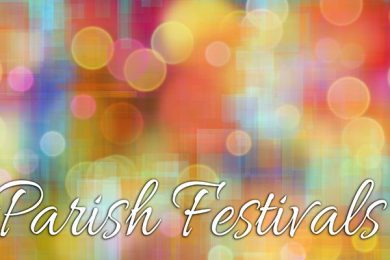
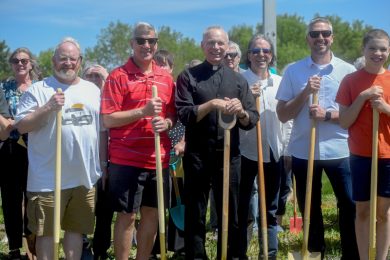

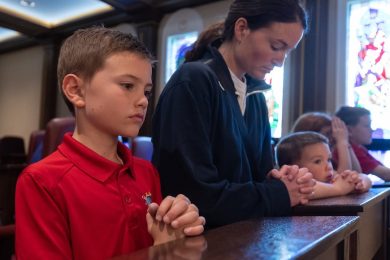
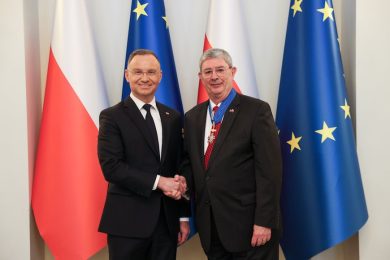
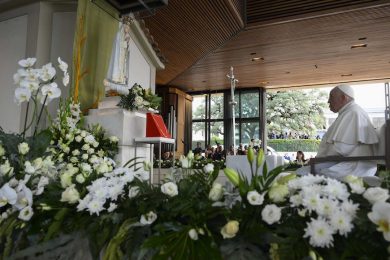
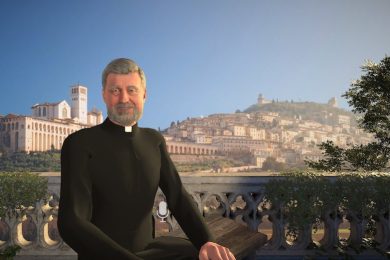
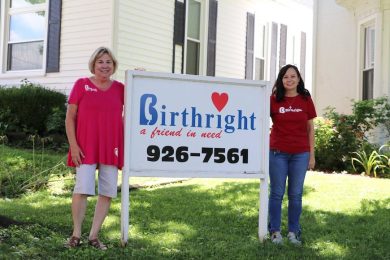
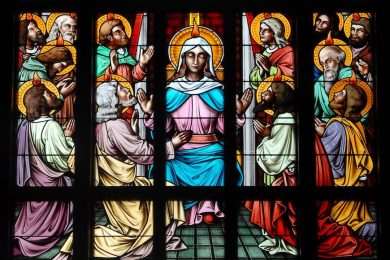
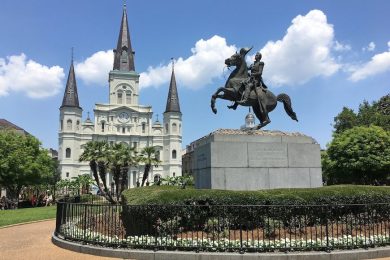
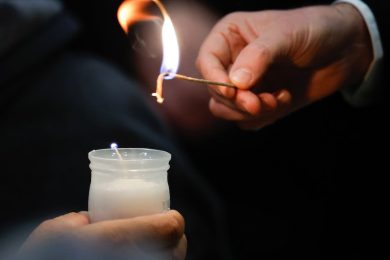
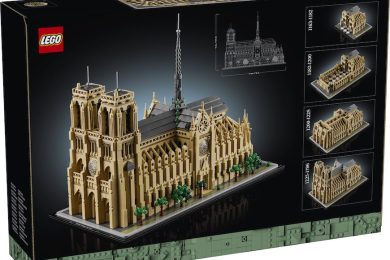
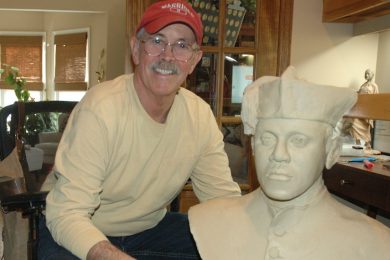
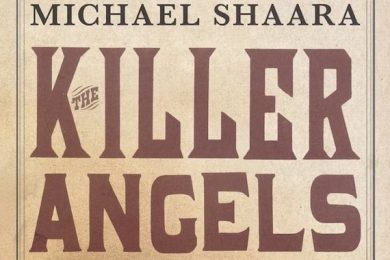



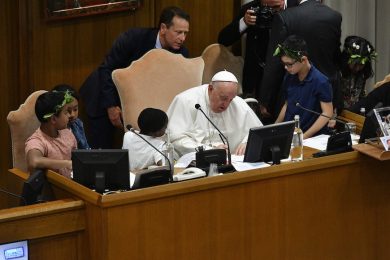
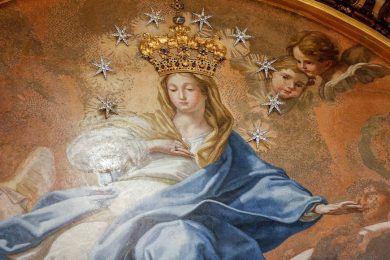
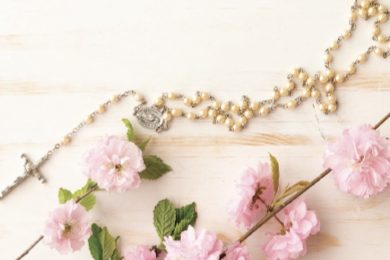

What a beautiful article Mary Parks! Love Cynde Randall
Fr. Duncan,
We join with you and your family in serving and loving the people of our diocese and the Body of Christ.
Greg and Vicki Spofford, Little Falls